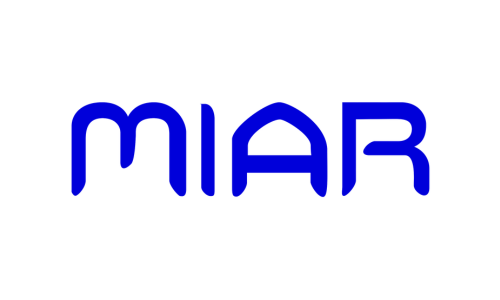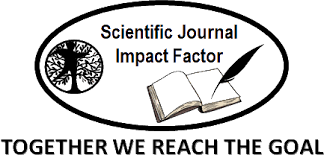Strategies and Approaches in Teaching Compounding and Derivation in ESP Classes
Abstract
This article focuses on the emphasis put on word formation while teaching ESP. Teaching terminology makes ESP difficult not only for the students, but also for the lecturers. As the students lack the scientific approach to different topics explained to them, lecturers analyze the texts in detail, dealing with grammar, lexicology, semantics, etc. One of the key issues that ESP analyzes in detail is terminology, which is definitely explained through parsing the word into its constituents and dealing with other complex word formation techniques. The basic techniques often dealt with are compounding and derivation. However the lecturer must know the subjects considerably beyond the content s/he is expected to teach, have a strong background in the subjects related to the specialty area, and understand major concepts, assumptions, and debates that are central to the discipline they teach. Thus the role of the lecturer is to analyze texts from the linguistic viewpoint.
Keywords: ESP, compounding, derivation, linguistic competence.
Downloads
Published
How to Cite
Issue
Section
License
Declaration/Copyright transfer:
1. In consideration of the undertaking set out in paragraph 2, and upon acceptance by ANGLISTICUM for publication of the manuscript in the Journal, I/We hereby assign and transfer publication rights to ANGLISTICUM, whereas I/We retain the copyright for the manuscript. This assignment provides ANGLISTICUM the sole right and responsibility to publish the manuscript in its printed and online version, and/or in other media formats.
2. In consideration of this assignment, ANGLISTICUM hereby undertakes to prepare and publish the manuscript in the Journal, subject only to its right to refuse publication if there is a breach of the Author’s warranty in paragraph 4 or if there are other reasonable grounds.
3. Editors and the editorial board of ANGLISTICUM are empowered to make such editorial changes as may be necessary to make the Manuscript suitable for publication.
4. I/We hereby acknowledge that: (a) The manuscript submitted is an original work and that I/We participated in the work substantively and thus I/We hereby are prepared to take public responsibility for the work; (b) I/We hereby have seen and approved the manuscript as submitted and that the manuscript has not either been published, submitted or considered for publication elsewhere; (c) The text, illustration, and any other materials included in the manuscript do not infringe upon any existing copyright or other rights of anyone.
5. I/We hereby indemnify ANGLISTICUM and the respective Editors of the Journal as mentioned in paragraph 3, and hold them harmless from any loss, expense or damage occasioned by a claim or suit by a third party for copyright infringement, or any suit arising out of any breach of the foregoing warranties as a result of publication of the manuscript.













